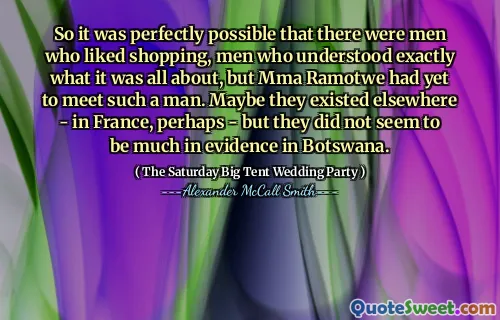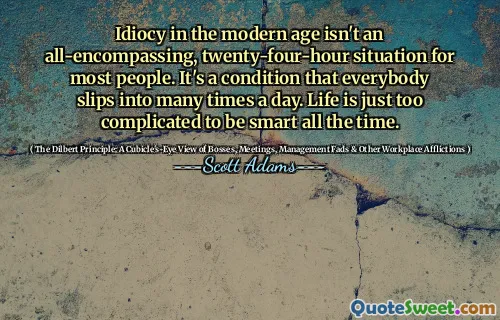I always thought eating was a ridiculous activity anyway. I'd get out of it myself if I could, though you've got to do it to stay alive, they tell me.
The quote reflects the protagonist's ambivalence towards the necessity of food and the act of eating. The character perceives eating as trivial and somewhat ludicrous, expressing a desire to avoid it if possible. This sentiment underscores a deeper philosophical contemplation about life and the mundane routines that come with survival.
Margaret Atwood's "The Edible Woman" explores themes of identity, consumerism, and societal expectations. The protagonist's conflicting relationship with food parallels her struggles with societal pressures and personal autonomy, as she seeks to navigate her place in a world that often feels constraining and absurd.





